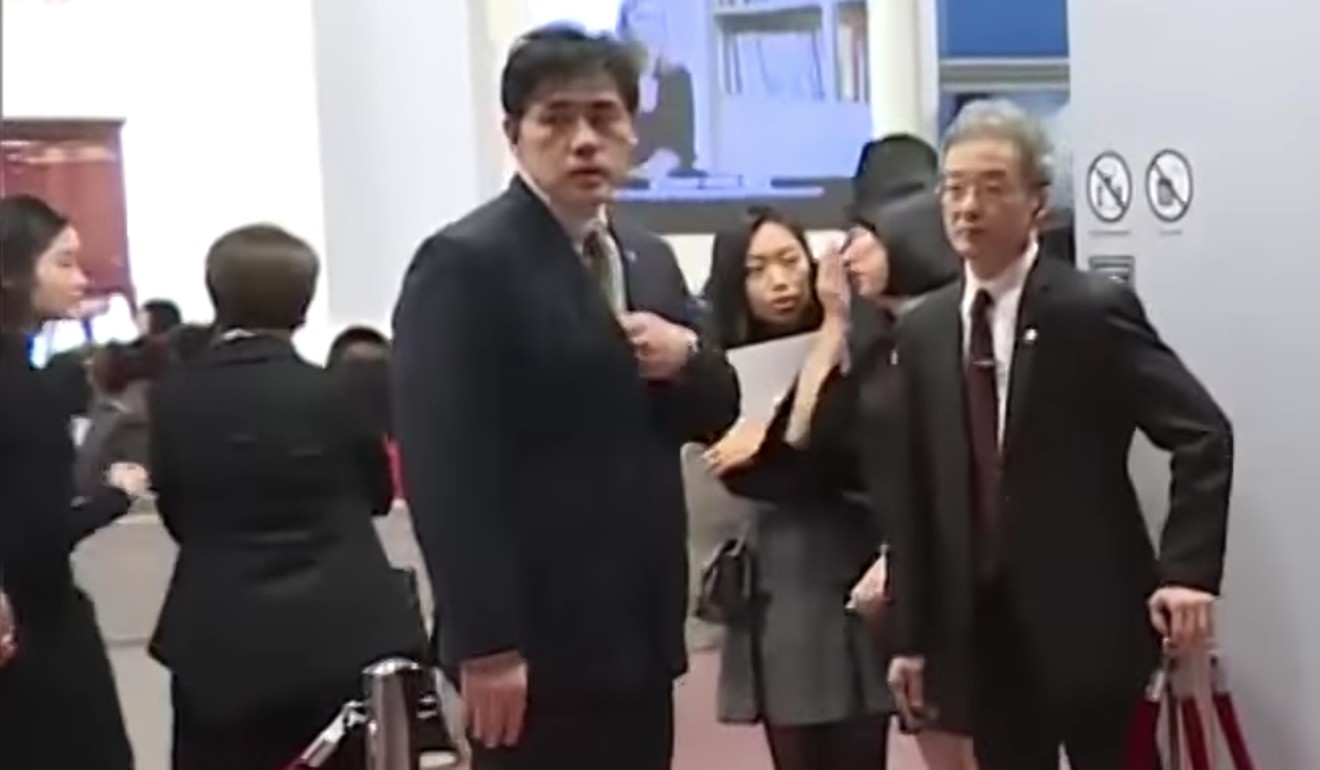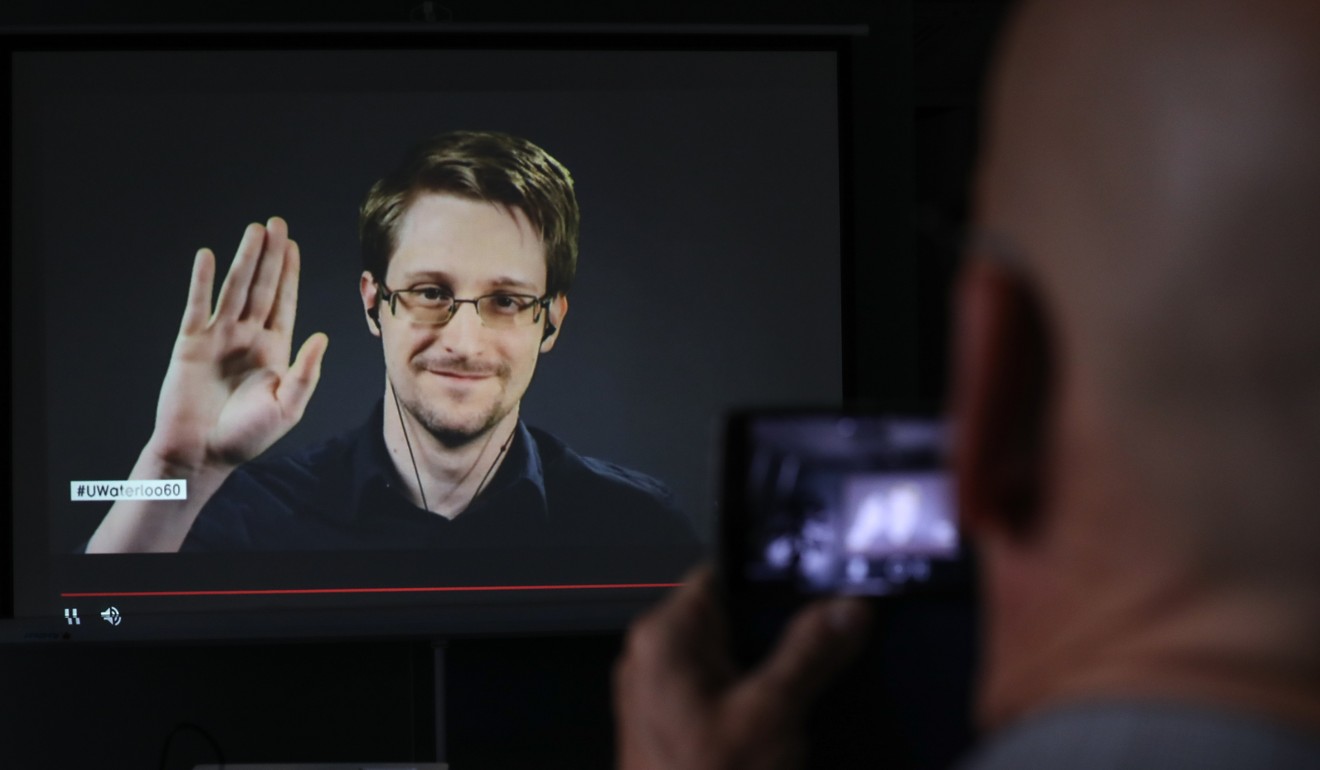
Arrest of ex-CIA agent fuels Hong Kong’s reputation as spy hotbed
Before and after Edward Snowden’s earthshaking stopover, the city has known its fair share of shadowy characters and tales
Ancient Chinese military strategist Sun Tzu was certainly not wrong when he said there is no place where espionage is not possible. However, there are some places where it is more possible than others. And Hong Kong is one of those places.

While the bespectacled frat boy lookalike and former US Central Intelligence Agency contractor was quick to flee, hiding in the dingy shadows of Sham Shui Po for barely a month before flying to another centre of international intrigue, Moscow, his Hong Kong stopover cemented the city as a place where the craft of spying was alive and well.
While his story is far from over, Mandarin-speaking Snowden’s decision to take his chances here as the state intelligence apparatus of the most powerful nation on the planet closed in on him, was undoubtedly a watershed moment for the city. Hong Kong is where the former imperial power created that most British of spies – Agent 007, James Bond – was no longer calling the shots. China was, and history had started a new chapter.
Photos emerge of arrested ex-CIA agent suspended from security job at Christie’s Hong Kong
That history, in modern times at any rate, began with the man dubbed “Hong Kong’s first spy”, John Tsang Chao-ko, who was the highest-ranking ethnic Chinese officer within the British colonial police force until his deportation in 1961 following accusations of espionage.
Since its return to Chinese rule, the city has seen cloak-and-dagger activity intensify
A similar spying shtick emerged about Government House, which the city’s first chief executive, Tung Chee-hwa, declined to move into, reportedly because he feared listening devices had been planted there.
MI6, Britain’s foreign intelligence service, operated an information-gathering centre in Siu Sai Wan on Hong Kong Island – one of the largest of its kind in East Asia – to monitor wireless communications from China. It was demolished in the 1980s when the handover of Hong Kong became inevitable.
Ex-CIA man Lee’s alleged stack of notepads and pens aside, the face of espionage has changed dramatically since the days of Hong Kong’s first spy. Since its return to Chinese rule, the city has seen cloak-and-dagger activity intensify.

Ongoing domestic political turmoil coupled with tectonic shifts in global geopolitics will almost certainly see the spy machines that dig and deal dirt in the Fragrant Harbour kick up a gear or three.
And then there’s money, the ever-present lubricant of corporate espionage.
This particular form of spying is rampant as multinational companies and businesses – for which Hong Kong is home to many – scramble to find a competitive edge in an increasingly uncertain world.
Things are also hotting up on the political front.
WikiLeaks faces four US probes into its 2016 election role and CIA leaks
In 2016, Symantec, the Fortune 500 US software company, reported that a cyber-espionage group known as Buckeye had turned its malicious email attack dogs from its traditional targets in the US to Hong Kong, among them “political entities” in the city.
All of this might explain the move in recent years by the Hong Kong Police Force to up their game with a new Cyber Security and Technology Crime Bureau.
However, the one overarching reason Hong Kong is considered a centre of espionage is its unique legal and immigration systems which make the city an ideal hub for the collection and exchange of sensitive and secret information.
No visa is required for travellers from more than 100 countries and regions worldwide to enter, and unlike the mainland – which recently widened the scope of its counter-espionage laws – Hong Kong does not define espionage as a crime.
Finally, there are the continuing reports of unauthorised operations by state security agents from the mainland, but that’s a whole different story.

